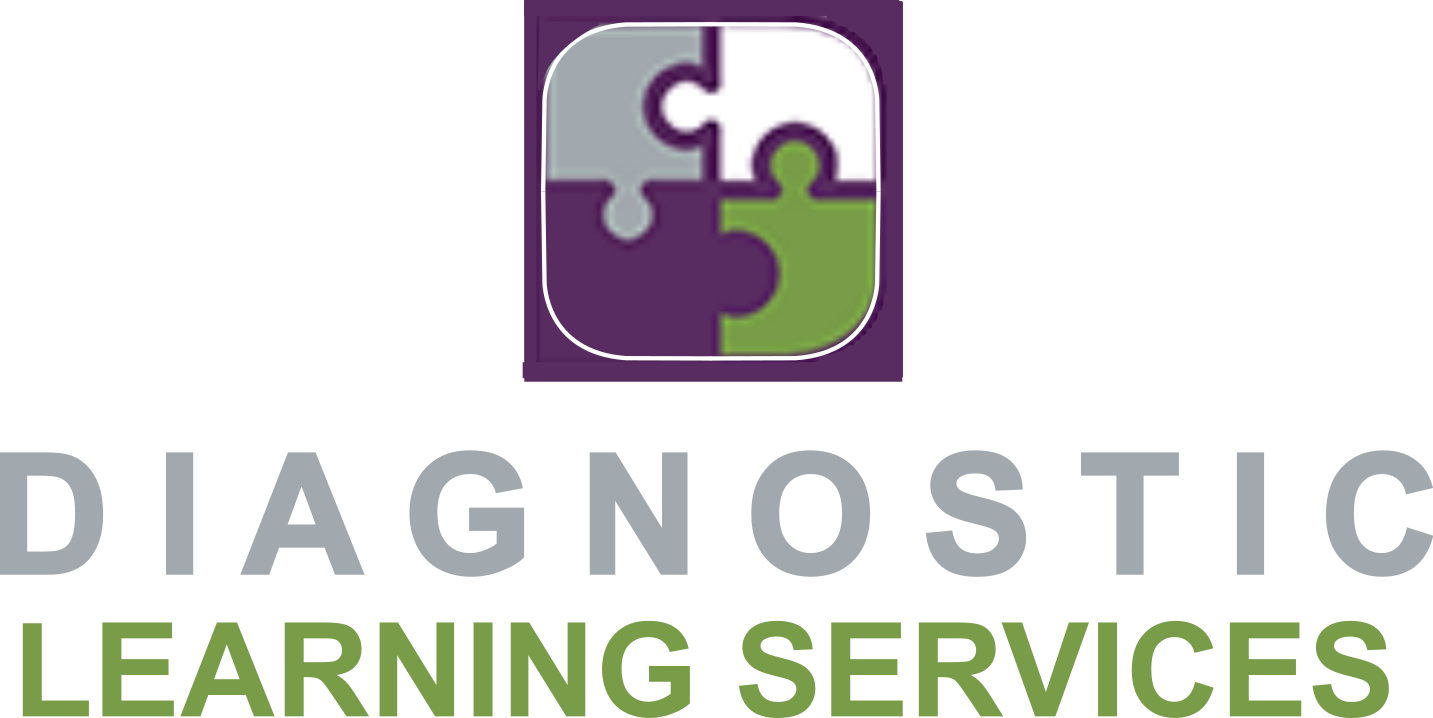Learning Differences and ADHD in Children
Academic difficulties can become especially pronounced during the adolescent years. This is when schoolwork begins to become more challenging and demanding, preparing students for more complex high school coursework and eventually, college- and university-level classes. Sometimes, young people have minimal academic struggles throughout their elementary school years, but then face difficulties in adolescence when academic demands increase. In some cases, this can be due to undiagnosed learning disorders and/or ADHD.
Learning Disorders versus ADHD
Learning Disorders and ADHD often co-occur, but young people can also display either disorder on its own. Both of these conditions are often associated because students with ADHD often have academic difficulties due to issues with attention, concentration, and memory (among other symptoms). If ADHD is the only concern, the student might struggle academically because of their ADHD symptoms; however, with behavioral strategies and accommodations, they are often able to perform academically to the best of their ability.
Learning disorders (that occur without the presence of ADHD) are different because the student demonstrates the ability to sustain attention, concentration, memory, etc., but their academic achievement is much lower than what is expected given the student’s level of intelligence (click here to learn more about how a learning disorder is diagnosed). In other words, the student is able to work diligently, but often struggle on tests or other assignments.
In cases where both a learning disorder and ADHD occur (which is a common scenario since both disorders are related to executive functioning abilities), the student will struggle with ADHD symptoms in addition to performing in reading, writing, and/or math at a level that is much lower given the student’s overall ability.
Hidden Symptoms
Many students can go undiagnosed for years if they are earning pretty good grades. This is another common scenario because a student can have a learning disorder and/or ADHD and still, for example, earn Bs in their classes. This is also common among milder cases of ADHD or among students with above average or superior intelligence. They will often ‘get by’ in school for years with pretty good grades. However, if their learning disorder and/or ADHD were diagnosed and the student received accommodations, their grades would likely be much higher since they have the intellectual ability to perform at a more advanced level.
When issues begin to arise in adolescence, the Bs that the child earned in 2nd or 3rd grade can turn into Cs and Ds by the time the child reaches 8th or 9th grade. This occurs because schoolwork and homework requirements will increase in difficulty and the child will have more responsibilities as he/she becomes older (e.g., extracurricular activities, managing activities of daily living with less help from parents).
As the child ages, they of course will also develop cognitively and intellectually; however, with a learning disorder and/or ADHD, the child can reach a point where academic expectations are far greater than what they can manage without accommodations or assistance.
Among milder cases of learning disorders and/or ADHD, symptoms can also go unnoticed during the childhood years if the child has no behavioral problems. Getting in trouble in school often works as a warning sign prompting teachers and parents to get the child tested and the discovering an underlying issue with a learning disorder and/or ADHD that can often explain (and fuel) behavioral issues.
Treating Learning Disorders & ADHD in Adolescence
If a learning disorder and/or ADHD have gone unnoticed, as a parent, you might feel guilty or responsible for not noticing your teens issue much sooner. However, keep in mind that it’s likely that your child hasn’t shown any significant symptoms until now. If they have displayed some areas of concern, rest assured that it’s in your teens best interest that you are taking action now, as schoolwork is getting more challenging. With an accurate diagnosis and the right interventions, your teenager can excel academically and, most importantly, truly enjoy the learning process and develop good habits that they can take with them through higher education.
Getting your child tested is the first step and then academic accommodations and involvement from your teen’s school will follow. There are specific interventions and help that your child can get depending on his/her areas of need. These areas of need are specified during the testing process where your child is assessed for a learning disorder and/or ADHD. Accommodations such as additional time to complete academic tasks, note taking, alternative testing options, and tutoring are just a few of the options available.
Students with learning disorders and ADHD are as bright and competent as any other student. The only difference is that they see the world and learn differently from the average adolescent. You and your teenager will experience greater growth and knowledge from understanding their personal learning style and what works best to help them achieve and succeed academically.
